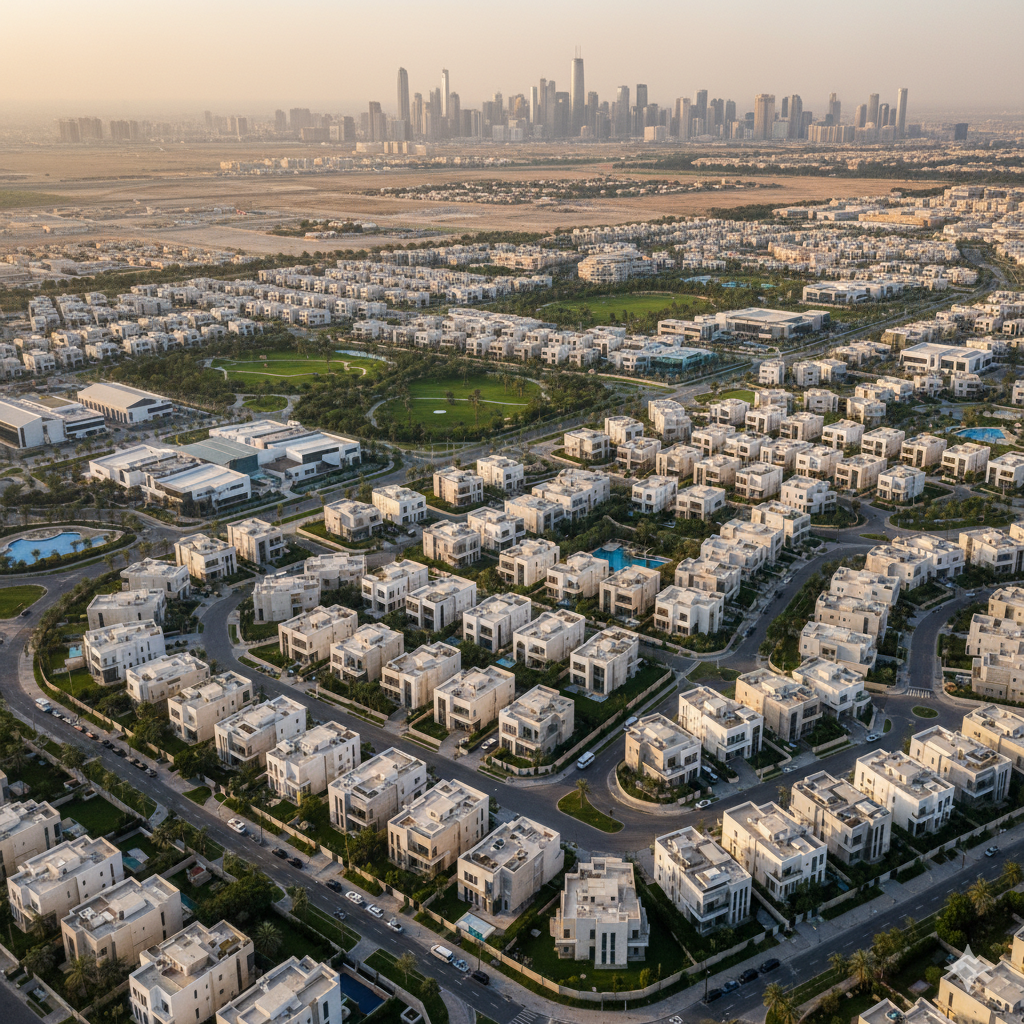Financing property purchase in Saudi Arabia can be an exciting venture, whether you’re a Saudi national, an expatriate, or a foreign investor. However, the financial aspect of real estate ownership can sometimes feel overwhelming. Understanding how to finance your property purchase is crucial for navigating the market successfully. Fortunately, Saudi Arabia offers several financing options tailored to different needs, from traditional bank loans to government initiatives designed to support homeownership.
In this guide, we’ll explore the various financing options, requirements, and key steps involved in securing Financing property purchase in Saudi Arabia, providing you with the clarity you need to make informed decisions.

Understanding Property Financing in Saudi Arabia
Before diving into financing options, it’s important to understand the Saudi property market and the role of financing in it. Saudi Arabia’s real estate sector has grown significantly over the past decade, with government reforms and Vision 2030 driving the demand for new housing.
Property financing allows individuals to purchase homes, villas, and apartments by borrowing money from banks or financial institutions. Financing can be in the form of a mortgage, loan, or other financing instruments. The Kingdom has seen a rise in mortgage products due to government-backed schemes and an increasing desire for homeownership.
Types of Financing Options for Financing property purchase in Saudi Arabia
There are several financing options available for property purchases in Saudi Arabia, each designed to cater to different needs. Here are the most common ones:
1. Conventional Mortgages
Conventional mortgages are the most widely used form of property financing in Saudi Arabia. These are offered by banks and financial institutions, where the property serves as collateral for the loan.
- Loan-to-Value (LTV) Ratio: The LTV ratio typically ranges from 70% to 85%, meaning the buyer needs to cover 15% to 30% of the property’s value as a down payment.
- Repayment Period: Mortgages are usually repaid over a period of 15 to 25 years.
- Interest Rates: Interest rates vary by bank and the type of mortgage but are generally fixed or variable.
2. Sharia-Compliant Mortgages (Islamic Financing)
Given that Saudi Arabia is governed by Islamic principles, Sharia-compliant financing is widely available. These financing methods do not charge interest (riba), and instead, they operate based on profit-sharing or leasing arrangements.
Two main types of Sharia-compliant mortgages include:
- Murabaha (Cost-Plus Financing): In this arrangement, the bank purchases the property on your behalf and sells it to you at a higher price, with a fixed profit margin. The total repayment is spread over a pre-agreed term.
- Ijara (Leasing): In Ijara financing, the bank purchases the property and leases it to you. At the end of the lease term, you may have the option to purchase the property at a predetermined price.
3. Government-Backed Financing: Sakani Program
For Saudi nationals, the Sakani Program is a government initiative that helps first-time homebuyers finance their property purchases. The program offers:
- Low-interest loans or interest-free loans, depending on the buyer’s eligibility.
- Support for purchasing ready-to-move-in homes, off-plan properties, or land.
- Up to 100% financing in certain cases, with a minimum down payment of just 5%.
This program has been a game-changer for Saudi citizens looking to enter the property market.
4. Financing for Non-Saudis
In recent years, Saudi Arabia has loosened its regulations on foreign ownership and financing. Non-Saudis can now access mortgage financing in some cases, especially in designated areas. The requirements may vary based on nationality, residency status, and the type of property being purchased.
- Foreign investors often face stricter terms compared to Saudi nationals.
- Some financial institutions may require a larger down payment (around 30% to 40%).
Key Requirements for Property Financing
To successfully secure financing for your property purchase, you must meet specific requirements. These requirements can vary slightly depending on the type of financing, but here are some general prerequisites:
1. Eligibility Criteria for Saudi Nationals
For Saudi nationals, the eligibility criteria for conventional and Sharia-compliant mortgages typically include:
- Age: You must be at least 21 years old at the time of applying.
- Income: Your monthly income should meet the lender’s minimum income requirements. Typically, it should be SAR 5,000 or more.
- Employment Status: You must be employed in a stable job or be a government employee, with proof of employment and income.
- Credit History: A good credit score is essential. Your credit history will be reviewed by the bank to ensure you can repay the loan.
2. Eligibility for Non-Saudis
For expatriates or foreign investors, the eligibility for securing a mortgage or financing typically requires:
- Residency: You must be a resident in Saudi Arabia with a valid Iqama (residence permit).
- Down Payment: A larger down payment of 20% to 40% is often required for non-Saudis.
- Income: Proof of sufficient income to cover loan repayments, often higher than for Saudi nationals.
- Property Type: The property must be located in specific zones or cities that allow foreign ownership, such as certain developments in Riyadh, Jeddah, and the Eastern Province.
3. Documentation
Regardless of your nationality, here are common documents required when applying for property financing:
- National ID or Iqama (for non-Saudis).
- Proof of income (salary slips or bank statements).
- Bank statements (typically for the last 3–6 months).
- Property documents, including the title deed and sales agreement.
- Credit report to assess your financial health.

How to Apply for Property Financing – Financing property purchase in Saudi Arabia
Once you’ve decided on the financing option, the process typically follows these steps:
1. Pre-Approval
The first step in the application process is to get pre-approved for a mortgage. This involves submitting your financial details to the bank or financing institution. The bank will assess your income, credit score, and financial stability before granting pre-approval.
2. Select Your Property
After obtaining pre-approval, you’ll need to select the property you wish to purchase. This is when your property search becomes crucial. Ensure that the property meets your needs and fits within the loan amount approved.
3. Submit Final Application
Once you’ve selected your property, you’ll submit the final application for property financing. This will include submitting your signed sales agreement, proof of property ownership, and any other required documents.
4. Valuation and Approval
The bank will conduct a property valuation to ensure the property is worth the loan amount. If everything checks out, you’ll receive formal approval for the mortgage, and the funds will be released.
5. Sign the Agreement
After final approval, you’ll sign the mortgage agreement and any related documents. The lender will then disburse the funds to purchase the property.
6. Property Registration
Once the property is purchased, you’ll need to register it with the Saudi Ministry of Justice and obtain the title deed. This legally formalizes the ownership and ensures that your property rights are protected.
Mortgage Rates and Terms in Saudi Arabia for Financing property purchase in Saudi Arabia
Mortgage rates in Saudi Arabia vary based on the financial institution, the type of financing, and the applicant’s profile. Typically, the rates for conventional mortgages range from 3% to 6%, while Sharia-compliant financing tends to have a similar range, but with no interest, operating on a profit-sharing model.
Repayment terms are typically between 15 to 25 years, with options to pay monthly, bi-weekly, or in some cases, annually.

Financing Your Property in Saudi Arabia
Understanding your financing options and requirements is key to making a sound property investment in Saudi Arabia. Whether you’re a first-time homebuyer, an investor, or a foreigner looking to enter the Saudi property market, there are various pathways to financing your dream home or investment property.
With favorable government initiatives like the Sakani Program and increasing opportunities for foreign investors, Saudi Arabia’s real estate sector is more accessible than ever. By understanding the options available, meeting the necessary requirements, and following the correct application steps, you can confidently secure the financing you need to succeed in the Kingdom’s dynamic property market.
To explore more on property financing and investment opportunities, visit RAKEZ Real Estate for the latest listings and updates.

